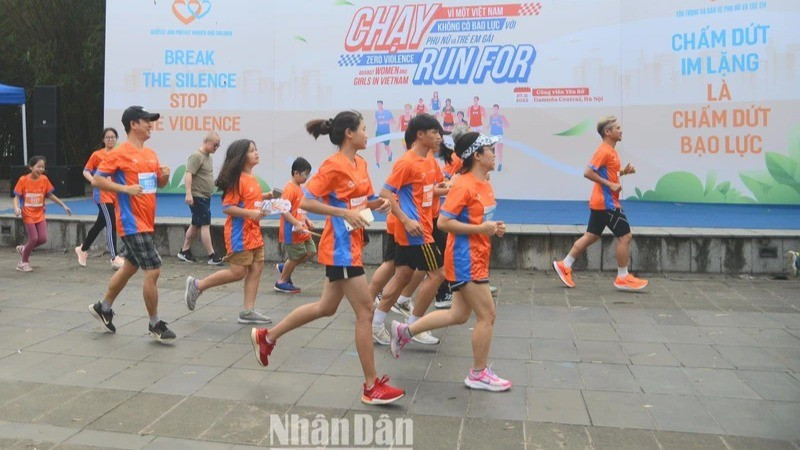A report by UN Women and the United Nations Office on Drugs and Crime (UNODC) estimated that in 2022 alone, nearly 89,000 women and girls were killed, the highest number in 20 years. Over half of these victims were killed by intimate partners or family members. Alarmingly, this trend of violence continued to escalate in 2023, highlighting that even homes are not safe havens for women and girls.
These vulnerable individuals face threats not only at home but also in workplaces and online spaces. Intersecting crises such as economic downturns, pandemics, conflicts, and climate change have exacerbated cases of violence against women worldwide.
The alarming statistics likely underestimate the true extent of the issue. Many cases go unreported due to victims' fear, shame, and societal indifference.
Anna Maswikeni, a social worker in South Africa supporting victims of gender-based violence, emphasised that silence perpetuates cycles of violence across generations. She noted that domestic violence deeply impacts children, who may perceive such behaviour as normal conflict resolution and then replicate it as adults. Breaking the silence is essential, as tacit acceptance only normalises violence further.
The aforementioned situation persists despite global efforts to combat violence against women and girls. According to UN Women, 165 countries have enacted laws addressing domestic violence. Additionally, various strategies, policies, and victim support services have been promoted to curb violence against women and girls.
Feminist movements also play a significant role. In Latin America, the Ni Una Menos movement has raised awareness about femicide while pushing law enforcement agencies to take stronger actions.
While some progress has been achieved, UN Women notes that only 104 countries have comprehensive laws to address this issue. Ineffective law enforcement and persistent biases against women continue to hinder collective efforts.
Due to funding shortages, organisations advocating for gender equality and women's empowerment face numerous challenges. This highlights the need for increased resources and more decisive action, as well as addressing the root causes of violence against women.
This year marks the 25th anniversary of the UN General Assembly’s designation of November 25 as the International Day for the Elimination of Violence Against Women. To sound the alarm and call for international solidarity, this year’s campaign, titled “16 Days of Activism against Gender-Based Violence”, will take place from November 25 until Human Rights Day on December 10.
Continuing the tradition of previous years, the UNiTE Campaign launched by the UN secretary-general is also supporting the initiative. This year's activities highlight the message of unity to end violence against women, while emphasising that there is no excuse for such behaviour.
















